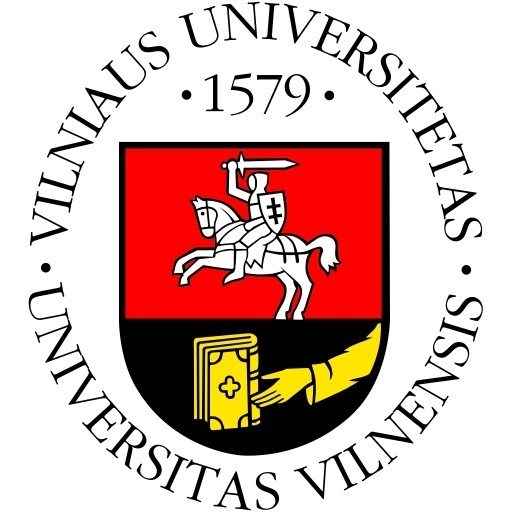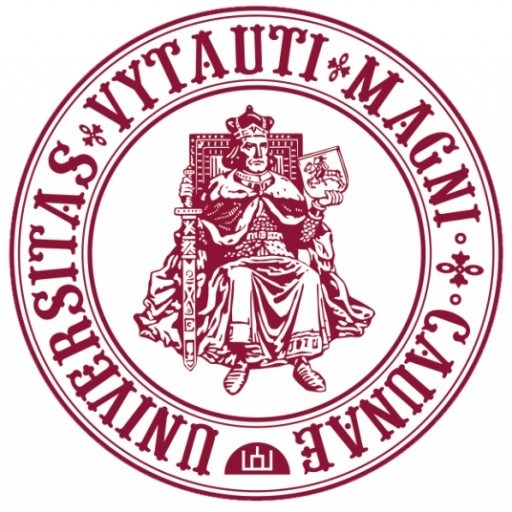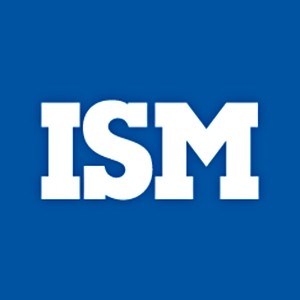Photos of university / #vilniusuniversity
The Chemistry of Nanomaterials program at Vilnius University offers students a comprehensive education in the synthesis, characterization, and application of nanomaterials across various scientific and industrial fields. This interdisciplinary program combines principles of chemistry, physics, and materials science to equip students with the skills necessary to understand and manipulate matter at the nanoscale. Throughout the course of study, students will explore advanced topics such as nanostructure design, nanotechnology-based material development, and innovative techniques for analyzing nanomaterials. The program emphasizes practical laboratory skills, fostering hands-on experience with cutting-edge instrumentation and methodologies used in nanoscience research. Students will also gain knowledge about the environmental and health considerations associated with nanomaterials, preparing them to contribute responsibly to this rapidly evolving field. The curriculum includes modules on the chemistry of nanoparticles, quantum dots, carbon nanotubes, and other nanostructures, alongside courses on research methods and computational modeling. Collaboration with industry partners and research institutes provides students with opportunities for internships and real-world project experience, enhancing their employability upon graduation. The program aims to develop analytical thinking, problem-solving skills, and innovative capabilities, enabling graduates to pursue careers in research and development, materials science, pharmaceuticals, electronics, and environmental monitoring. Graduates will be well-equipped to contribute to technological advancements and sustainable solutions through their expertise in nanomaterials. The degree prepares students for doctoral studies, providing a strong foundation for academic research or specialized industry roles. Overall, the Chemistry of Nanomaterials program at Vilnius University offers an engaging and forward-looking education that addresses the critical needs of modern nanoscience and nanotechnology, fostering the next generation of scientists and innovators in this exciting field.
https://www.vu.lt/en/studies/master-studies/56-studies/studies/4184-chemistry-of-nanomaterials
- Bachelor's degree or its equivalent in Physical Sciences (Chemistry), Life Sciences (Biochemistry),Technological Sciences (Chemical Engineering or Material Engineering);
- The competition score is composed of the grades in Analytical Chemistry, General Chemistry, Physicalchemistry, Inorganic Chemistry, Organic Chemistry, Polymer Chemistry, Quantum Chemistry,Biochemistry, Chemistry of Colloids, Chemistry of Crystals and the Bachelor thesis paper;
- English Language requirements: applicant has to present document providing the level not lower than B2(following the common European Framework of Reference Languages (CEFR), or TOEFL score75/IELTS score 6.
The financing of the Chemistry of Nanomaterials master's degree program at Vilnius University is primarily supported through various funding sources aimed at ensuring accessible and high-quality education for both domestic and international students. Tuition fees are collected from students enrolling in the program, with different rates established for Lithuanian nationals and international students, reflecting the university’s policy to promote diversity and international cooperation. The tuition fee structure is designed to cover the costs associated with delivering the specialized coursework, research facilities, faculty salaries, and laboratory equipment maintenance.
Additionally, Vilnius University actively secures funding from national research grants and European Union structural funds to support research activities within the program. This approach not only enhances the quality of education but also provides students with opportunities to participate in funded research projects, internships, and conferences, thereby enriching their academic and professional experience. The university also offers scholarships, grants, and financial aid schemes aimed at supporting talented students and minimizing financial barriers to education. These scholarships may be awarded based on academic performance, socio-economic background, or specific excellence in scientific research.
Furthermore, partnerships with industry stakeholders and research institutions contribute to the financing ecosystem of the program, often through collaborative projects, sponsored research, and industrial internships. These collaborations may include funding for equipment upgrades, research projects, and student internships, providing practical training and employment prospects for graduates. Vilnius University encourages students and potential applicants to explore various financial support avenues, including national scholarship programs and international scholarship opportunities that can help offset tuition fees and living expenses. Overall, the program’s financing strategy is designed to combine institutional funding, research grants, industry collaborations, and student financial support to ensure sustainable, accessible, and high-quality education in the field of nanomaterials chemistry.
INTERNATIONAL MOBILITY
Students can participate in ERASMUS+ mobility programme or use VU’s Bilateral cooperation agreements which give an opportunity to study at VU’s Partner Universities or do internship abroad.
CAREER OPPORTUNITIES
A graduate can be employed in chemical laboratories, research institutions or commercial structures dealing with high technologies also he can choose doctoral studies in Chemistry or Biochemistry.



